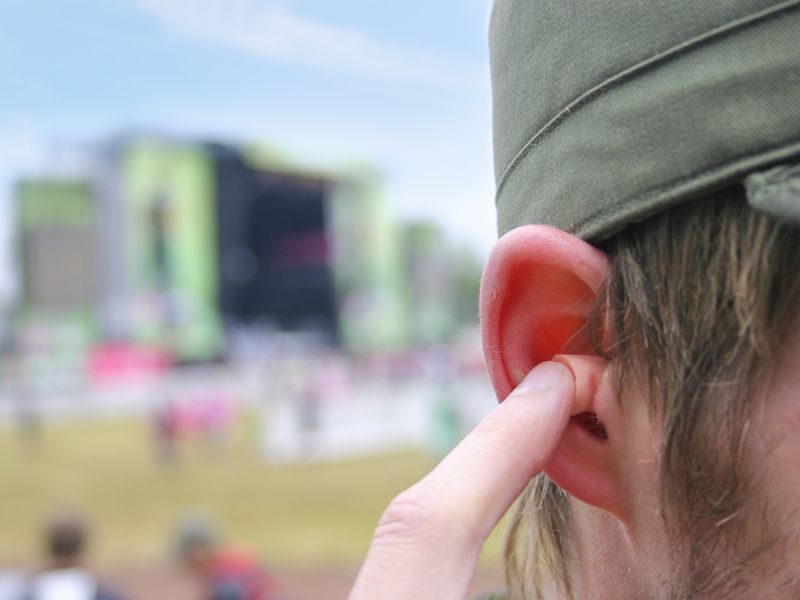
If you’re exposed to loud noises, say running a lawnmower in your backyard, going to an arena to see your favorite band play, or merely sleeping in your own bed beside a snoring spouse, earplugs can be practical. Lowering the volume is how earplugs help in the first two situations. In the last circumstances, they bring down the decibels plus help save your sanity (and maybe your marriage) by permitting you to get a good night’s sleep. But is your hearing being damaged by these protectors?
What’s The Point of Utilizing Earplugs?
The case for earplugs is quite simple: Properly used, earplugs can minimize your exposure to excessive sound levels and thereby shield your hearing. Perhaps you’ve observed that your hearing seems different when you leave a loud venue, say, a football game with a loud crowd, and you might also suffer from symptoms of tinnitus. Those small hairs are bent by this sort of noise exposure and that’s the reason why this happens. In a couple of days, when the hairs have recovered, it generally goes back to normal.
But in many circumstances, there is a relentless assault on those tiny hairs, particularly if you work in a high volume industry such as the music business or in an airport. In this instance, those hairs don’t heal, they are permanently injured. inside of each cochlea, you have around 16,000 of these tiny hair cells, but up to 50% of them can be ruined or at least damaged before you would see the different in a hearing exam.
How Could Your Hearing be Injured by Using Earplugs?
In terms of safeguarding your ears, it seems like it would be obvious to use earplugs. But primarily if you’re in situations where you’re exposed to loud noises all the time (like on the job or when your spouse snores as mentioned), over-the-head earmuffs or noise-reducing (but not completely stopping) headphones are a smarter option. Earplugs are better applicable to one-off scenarios like a sporting event or concert than for everyday use.
Why? The first problem is, earwax. In order to protect themselves, your ears produce earwax, and if wearing earplugs is something you do constantly, they will generate more of it, and you are likely to jam it in with the plugs. This can cause issues like impacted earwax, which can trigger tinnitus and other hearing problems.
An ear infection can be another issue for people who wear earplugs. If you repeatedly use the same pair, and you don’t clean them properly from use to use, they can become bacteria traps. Ear infections are, at a minimum, an uncomfortable irritation. If left untreated, in the worst cases, they can cause an ear infection.
How Can You Safely Utilize Earplugs?
Whether it’s a restful night sleep or protecting your ears, there’s still a formidable upside to wearing earplugs. You just have to be sure you’re using the correct kind and utilizing them in the right way. Foam earplugs are the least costly, which is good because you really should not use them more than once, the cushy, porous material is a germ’s haven. Silicone or wax earplugs are reusable, but you need to keep them clean, wash them with warm water and mild soap to clean them, and you shouldn’t put them back in your ears until they’re totally dry. It’s also a good plan to store earplugs in a ventilated place to prevent humidity, or worse, mold or bacteria, from building up.
If you need or want to wear earplugs regularly, you might want to consult us about getting custom-made earplugs. These are constructed from unique molds of your ears, they can be reused and since they’re fitted to your ears, comfortable. But it’s worthwhile not to forget, good earplug hygiene can prevent hearing damage.
